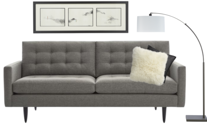How does it feel to have inspired so many others to be curious and make a difference?
I hope to be remembered for creating an environmental humanitarian program for young people through the Jane Goodall Institute’s Roots & Shoots, which is now in over 60 countries. It involves members from preschool, kindergarten, universities and everything in between. Its main message is [that] every single one of us can make a difference every single day. Each group chooses themselves to help animals, people and the environment. We've gone so far destroying the planet, so the main hope is that these young people will grow up and do better than we've done.
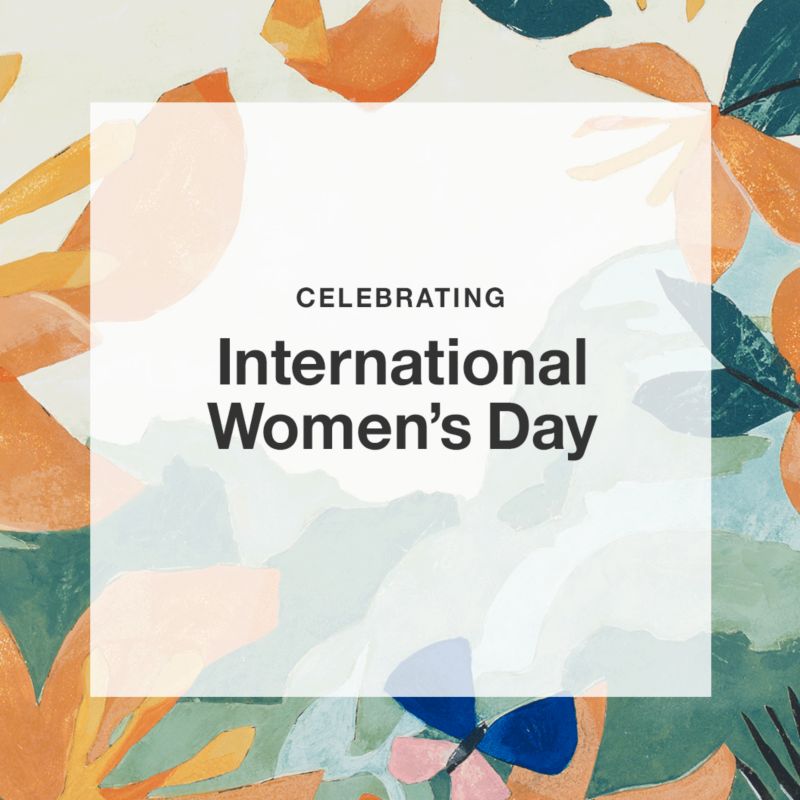
Celebrating International Women’s Day
On this International Women’s Day (and every day), we celebrate the trailblazers who inspire us—and, hopefully, you, your family and the next generation! We’re lucky to partner with such intelligent, creative and innovative women at Crate & Kids, and we’re excited to honor their achievements with you. We hope these women make you feel inspired and empowered (insert muscle emoji). Keep reading to learn more about the work of world-renowned scientist and activist Dr.Jane Goodall, Cerebelly founder Dr. Teresa Purzner, and the powerhouse trio behind Dagne Dover.
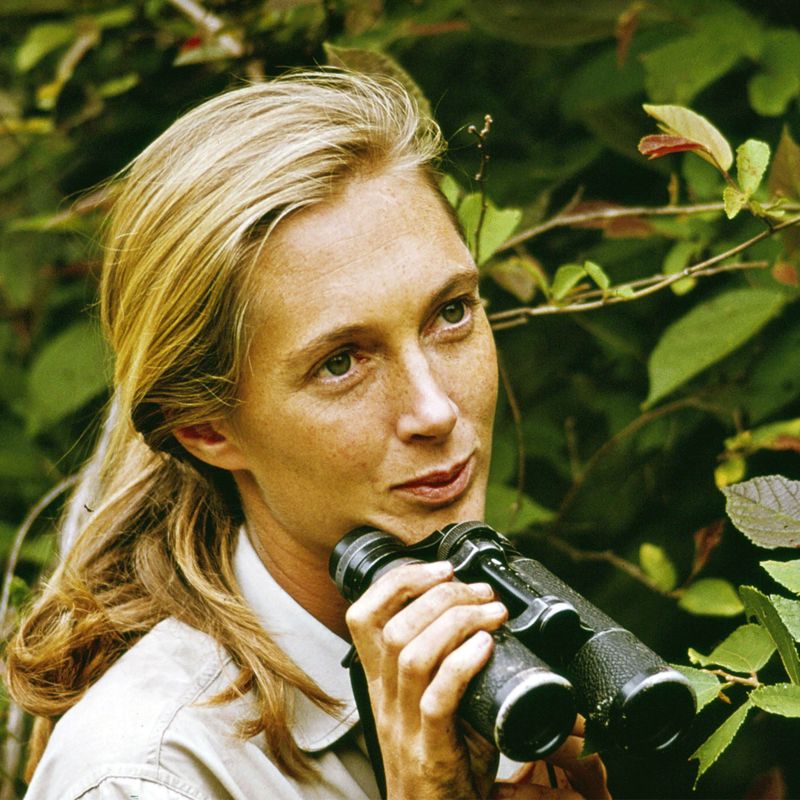
Dr. Jane Goodall has been inspiring people all over the world for over 60 years. At the age of 26, she left her home in England and traveled to Tanzania to embark on an experience of a lifetime studying wild chimpanzees. She took an unorthodox approach to studying chimpanzees and immersed herself in their habitat and lives. She has redefined the relationship between animals and humans and has shaken up the scientific world with her revolutionary discoveries. It has been our honor to partner with Dr. Goodall on a collection that has connected with both children’s and adults’ love of animals.
What challenges or barriers have you had to overcome?
Well, I first decided I wanted to go to Africa and live with animals and write books about them when I was 10 years old. And everybody laughed at me. How could I do that— Africa is so far away? In World War II, we had very little money. I was simply a girl. They told me a girl cannot do that. But I had a wonderful mother who had supported my love of animals ever since I was born, and she said to me, “If you really want to do this, then you're going to have to work very hard and take advantage of every opportunity, and never give up.”
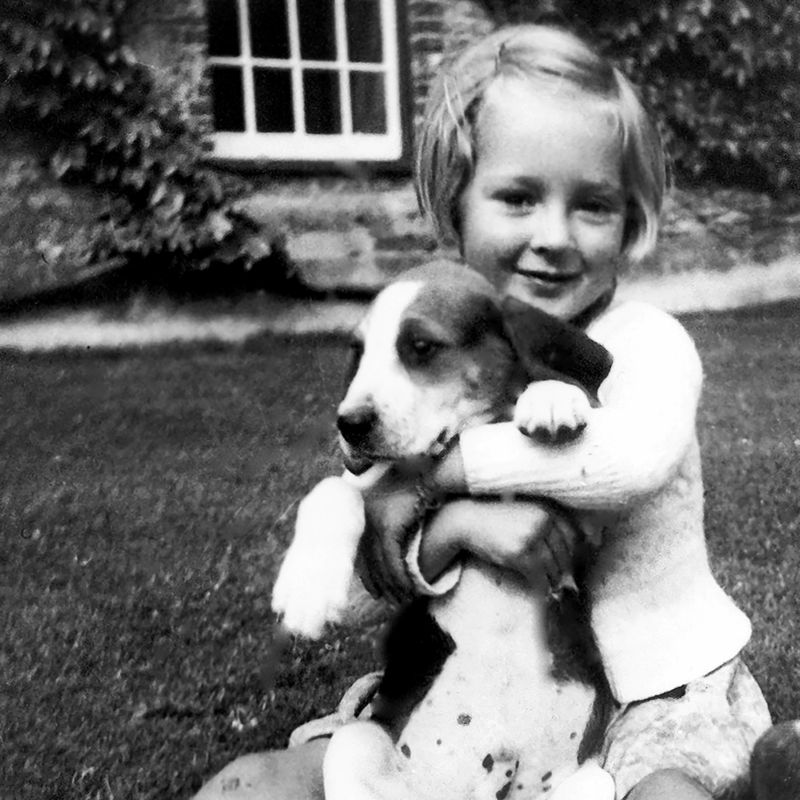
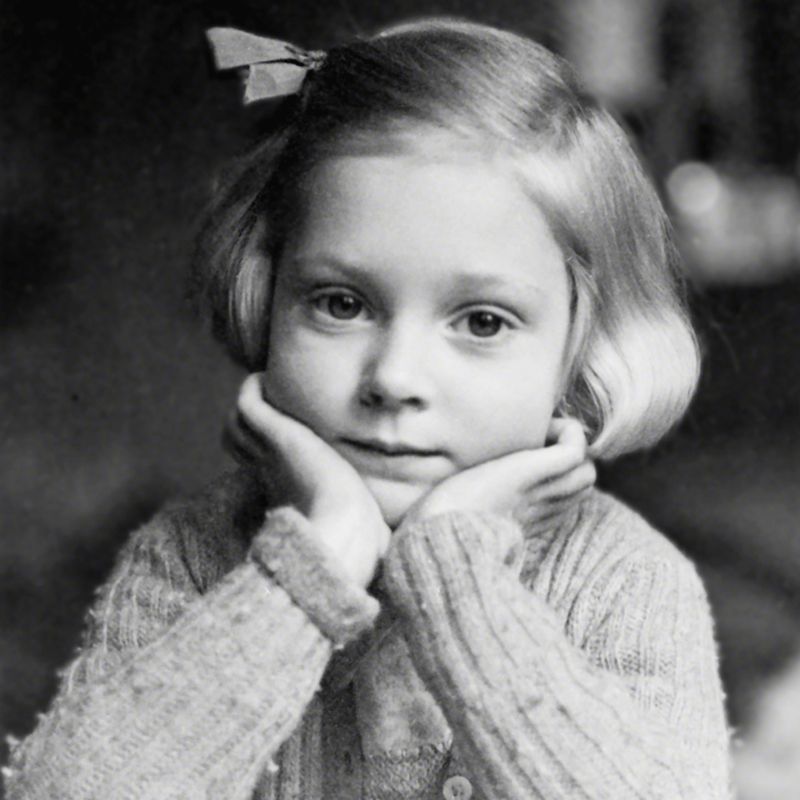
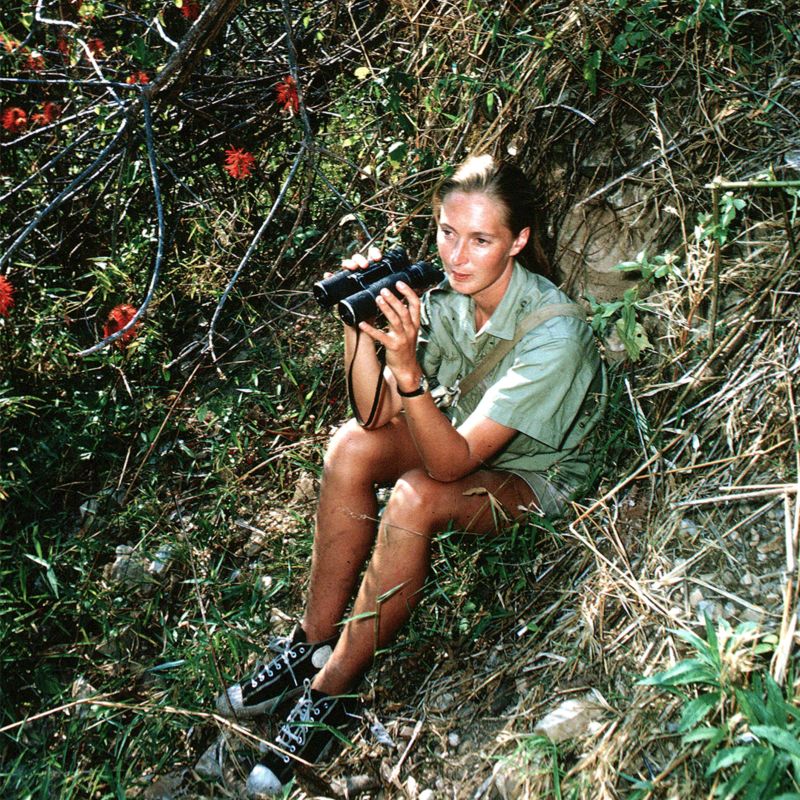
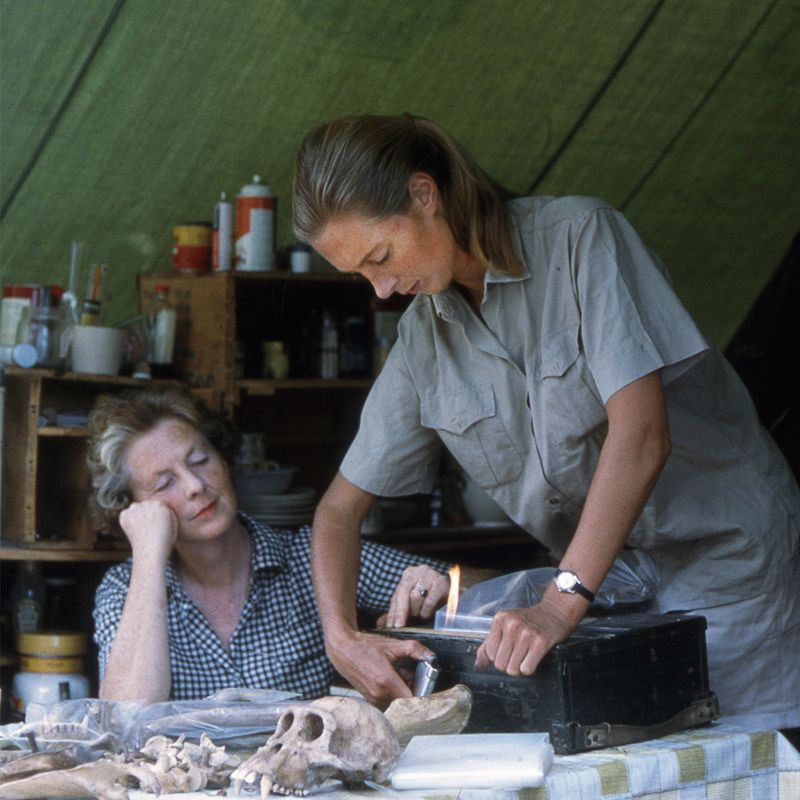
How does it feel to have inspired so many others to be curious and make a difference?
I hope to be remembered for creating an environmental humanitarian program for young people through the Jane Goodall Institute’s Roots & Shoots, which is now in over 60 countries. It involves members from preschool, kindergarten, universities and everything in between. Its main message is [that] every single one of us can make a difference every single day. Each group chooses themselves to help animals, people and the environment. We've gone so far destroying the planet, so the main hope is that these young people will grow up and do better than we've done.
Shop the Jane Goodall collection here and enter a world of discovery.
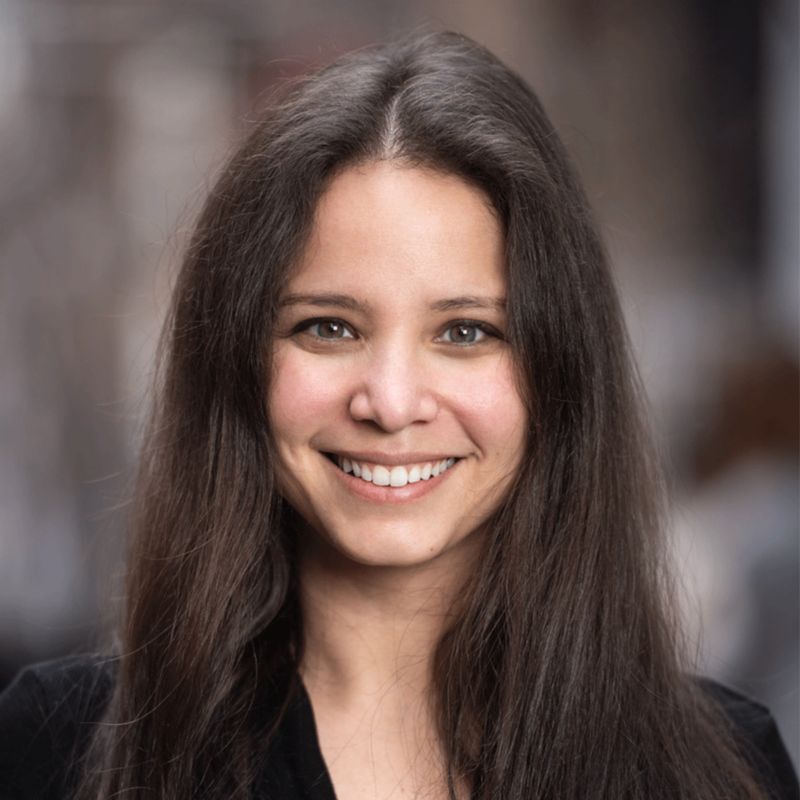
Dr. Teresa Purzner is the founder and CSO of Cerebelly. A mother of 3, Dr. Purzner is a neurosurgeon who also received her doctorate degree in Development Neurobiology. She knows the important role that nutrients play in brain development for babies. She was shocked when she discovered that most of the baby food on our local grocery shelves have 0 percent of the daily nutrients recommended for brain growth. She decided that was unacceptable and created Cerebelly, an organic baby food that supports brain development. It’s amazing food, backed by science.
What are you most proud of as the founder of Cerebelly?
I don’t know that I can narrow it down to one thing, but I would have to say that I have utter confidence in the fact that we are putting out the best possible food to support a baby’s developing brain. We have held ourselves to the highest standards from Day 1, took extra measures when it came to testing our partners, our product to ensure that we were putting the cleanest food out there. When we got the Clean Label Project certification, that was just an extra bit of validation for our commitment to those standards.
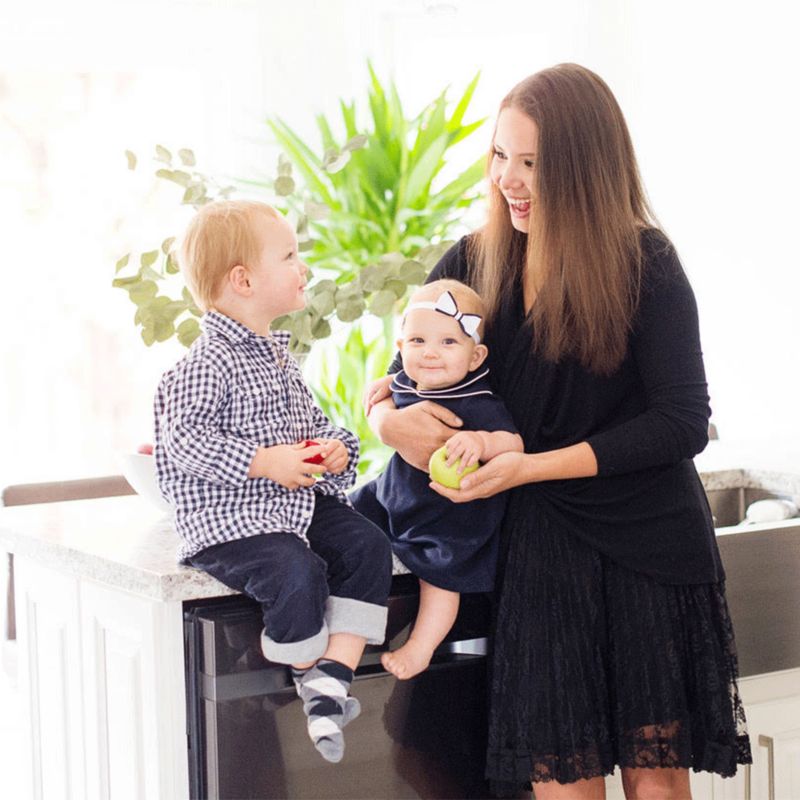
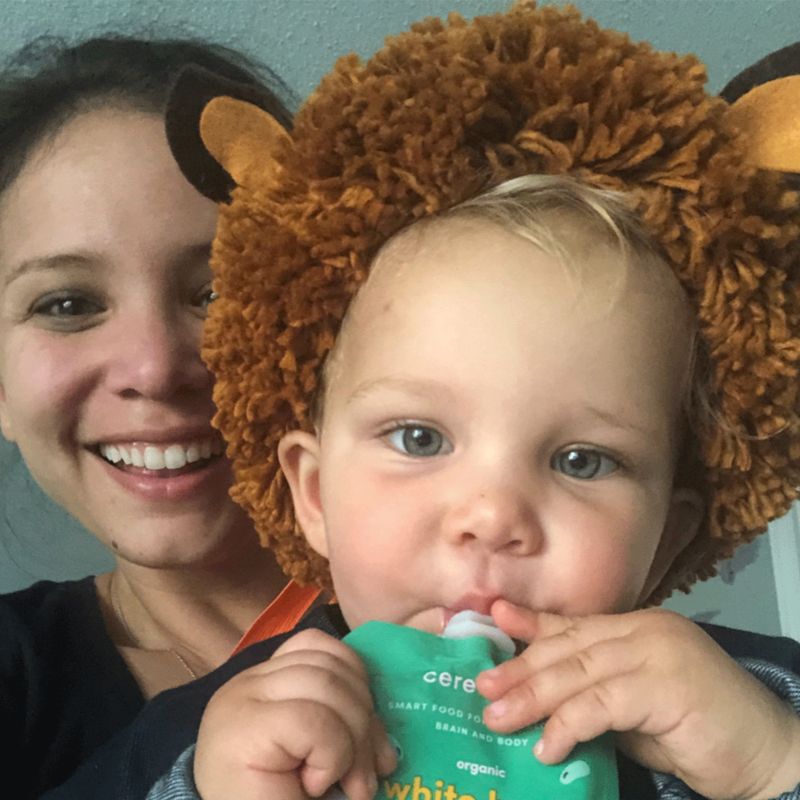
Any advice for other females/mother entrepreneurs?
The struggle for me has always been finding time—where do you devote minutes? Where do you save minutes? The best advice I can give is to really spend time finding the right people to work with, who make life easier and happier (happy matters!). That time investment will give a 10-times return.
Have you always had an entrepreneurial spirit?
I’m not sure if I am, or ever was, an entrepreneur. I think I’m a problem-solver who likes to help people. I’ve always enjoyed solving really complex, mind-bending problems, especially when the solution helps people. That’s why I like neuroscience (hard problems) and ultimately went into neurosurgery (hard problems + helping people). Cerebelly is just an extension of me solving another important problem (the baby food industry)—I just had to start a company this time to get to that solution most efficiently.
Check out Dr. Teresa Purzner’s picks for top toys for brain development.
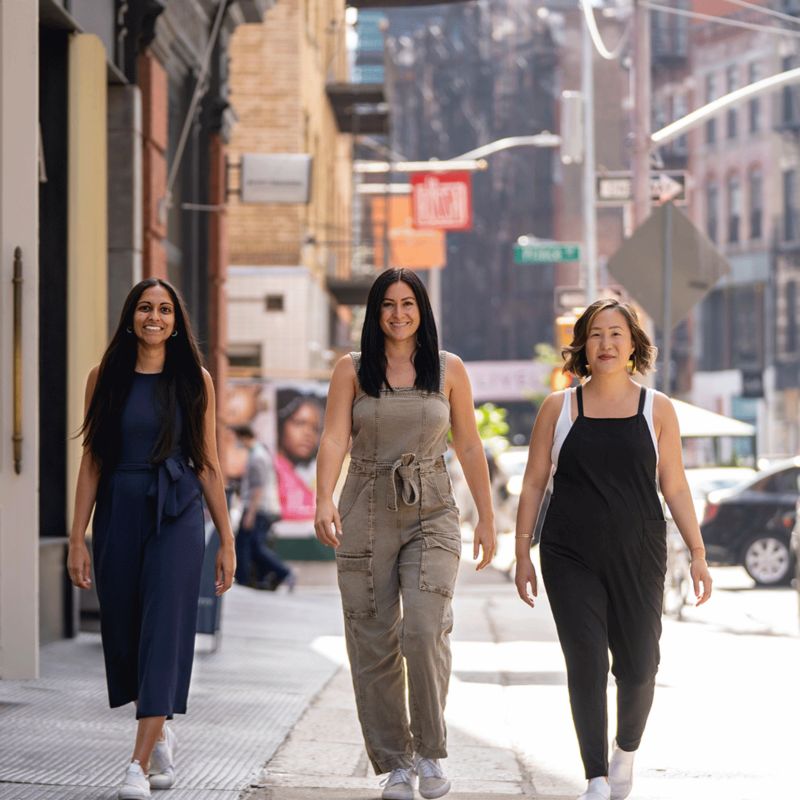
Dagne Dover was created by three motivated women—Deepa Gandhi, Jessy Dover and Melissa Shin Mash. Even though all three came from different backgrounds with unique experiences, they all agreed that a well-designed bag could make life a little easier. They have designed bags that work as hard as you do and will be coming soon to Crate & Kids. Stay tuned!
What were you most excited about when you created Dagne Dover?
As women in our 20s who were running from the gym to work to a night out, our bag was the epicenter of our day. We were looking for a product that would be able to flex between different environments and different needs, but traditional brands’ bags weren’t giving us that. The usual one small pocket on the interior of the bag didn’t help us store a laptop or carry a water bottle without having to worry about it leaking onto our papers. We wanted to create a company that addressed this. A brand that was made for our on-the-go generation—one that we were excited about and whose products we were proud to carry because they helped us live more confidently. We saw our bag as the way to feel prepared and like “I’ve got this” every day. If we could feel this way, then that would be an amazing feeling to share with others.
In addition to making a strong product, it was very important to us that we build a company that had a great culture, was female-forward, and progressive. Eight years later, it’s so rewarding that we have been able to achieve these goals.
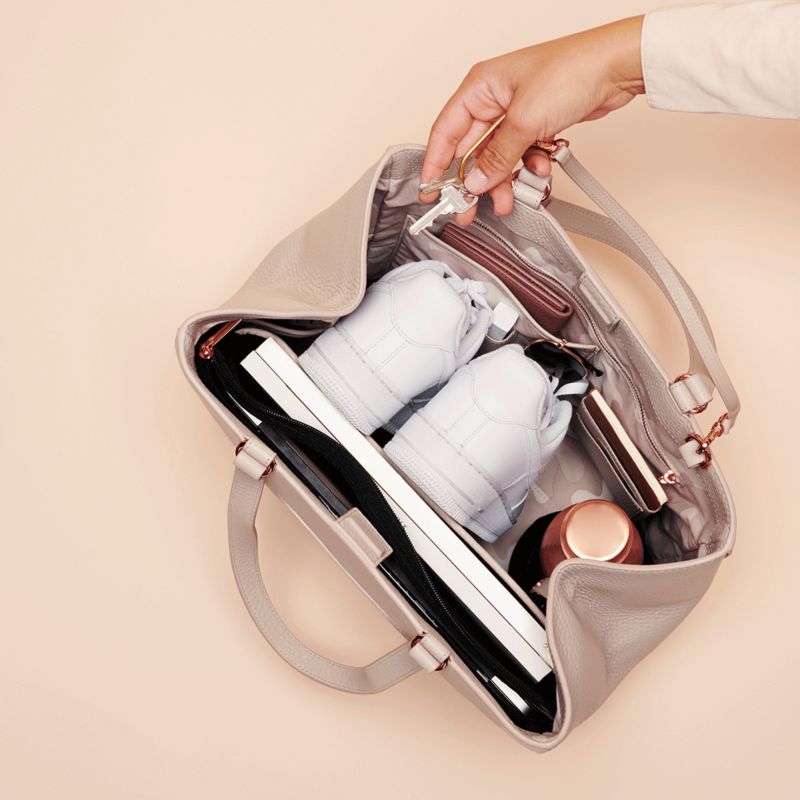
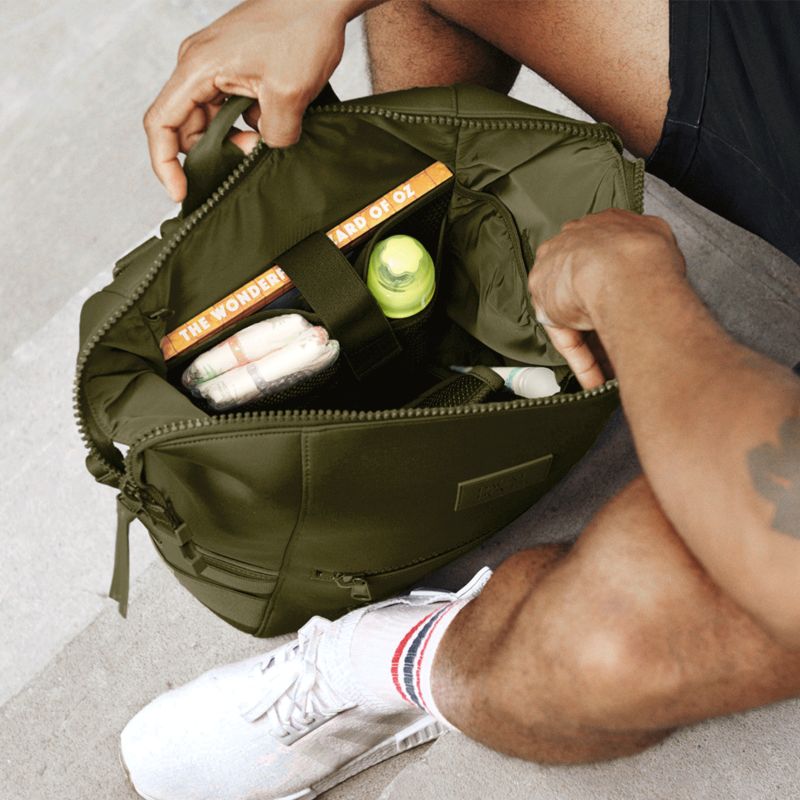
What was the biggest obstacle you overcame as three females in the entrepreneurial space?
Melissa Mash: We had to raise money in order to have a shot at getting this business off the ground. As a result, we were pitching to mostly male investors—many of whom didn’t feel the frustrations women were living through with their bags. For decades, many men considered Tumi to be their go-to brand. They assumed women also had brands to shop that had functional pockets. That was not the case. Women’s options were a few “functional” bag brands that didn’t have the aesthetic they wanted or fashion bags that didn’t have internal organization.
Jessy Dover: When we founded Dagne, Melissa’s husband, Spencer, said that our biggest challenge would be keeping our partnership together and healthy. He was right. We have navigated so much together—from dealing with the many impacts of COVID, to fundraising, to spending time across the globe from each other for weeks at a time. We’ve gone through grad school, marriage, babies and breakups. Through it all, we have prioritized each other’s mental health and wellness, as well as our partnership, even when it was the hard thing to do.
Deepa Gandhi: There have been many ups and downs as an entrepreneur, but when I became a mom about a year and a half ago, that was one of my most trying times. I found myself being pulled in so many directions trying to balance and manage both Dagne Dover and life as a new parent. I felt stretched to give both my all, but with time, I changed how I worked, had to create boundaries, and started asking for support where I needed it.
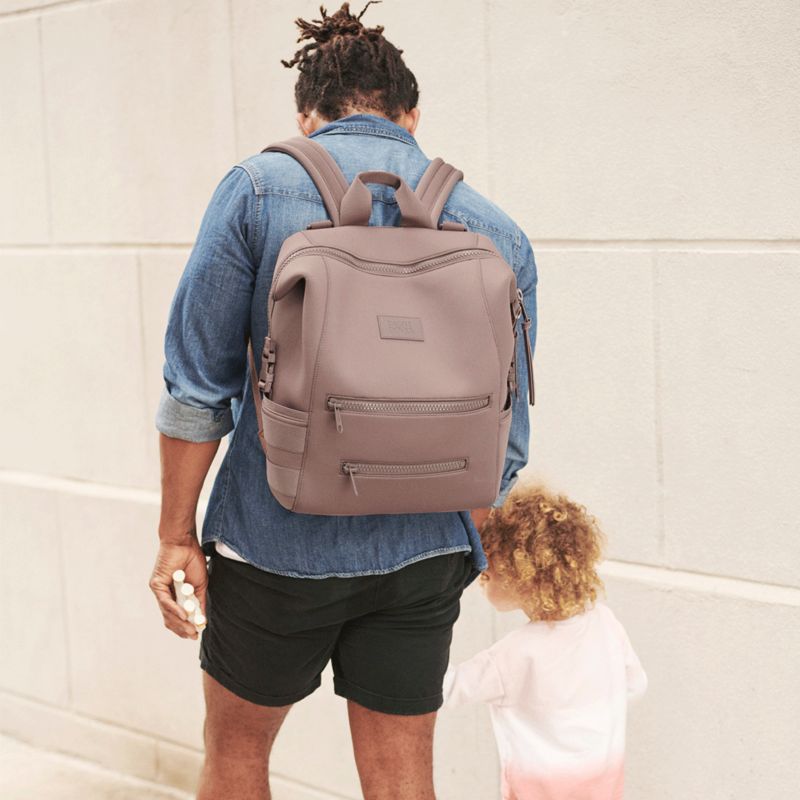
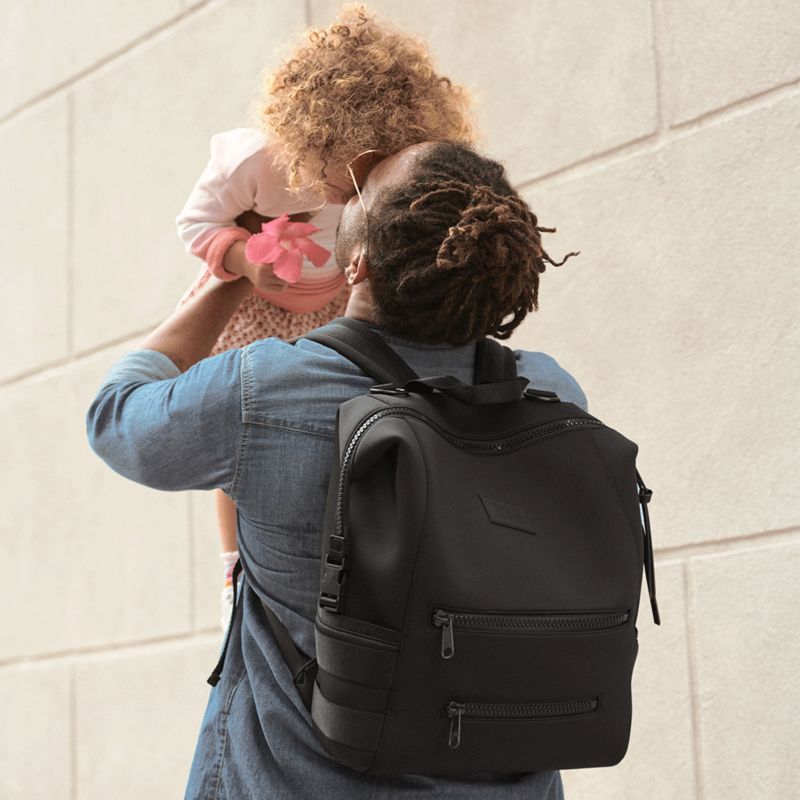
Any advice for little girls with big dreams?
You have to have a passion for something that will motivate you to work hard with alacrity even when times are tough. Additionally, it takes many small steps in order for big dreams to come true, so no one should expect to achieve the “big dream” on Day 1. If you continue to do the little things, after some time, you’ll find you’re doing the big things. “Learning” isn’t just what you do while you’re in school; it is what you spend your time on while you’re awake. Discovering what your passions are and pursuing them fully, especially as a child, is the most valuable step you can take in getting closer to achieving your goals.
